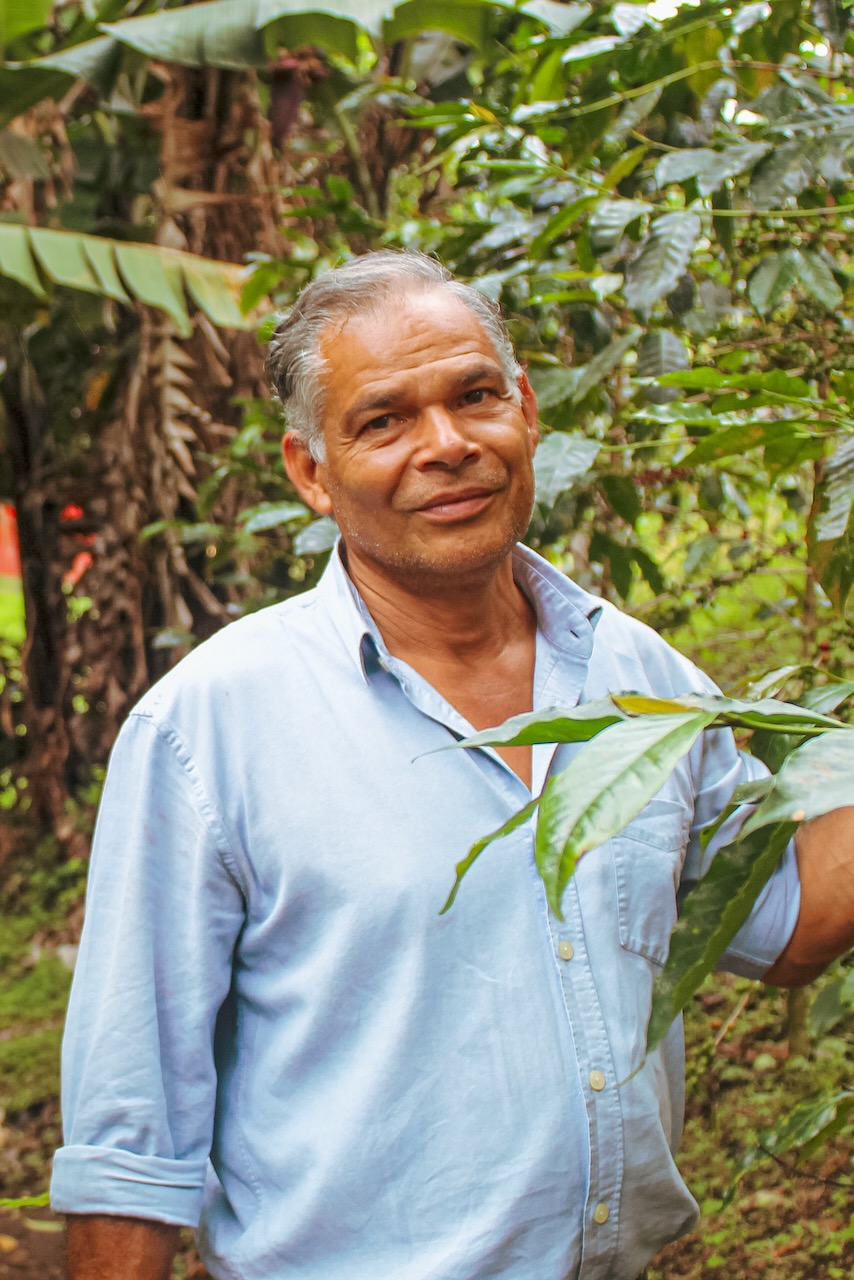
An Intersection of Different Paths
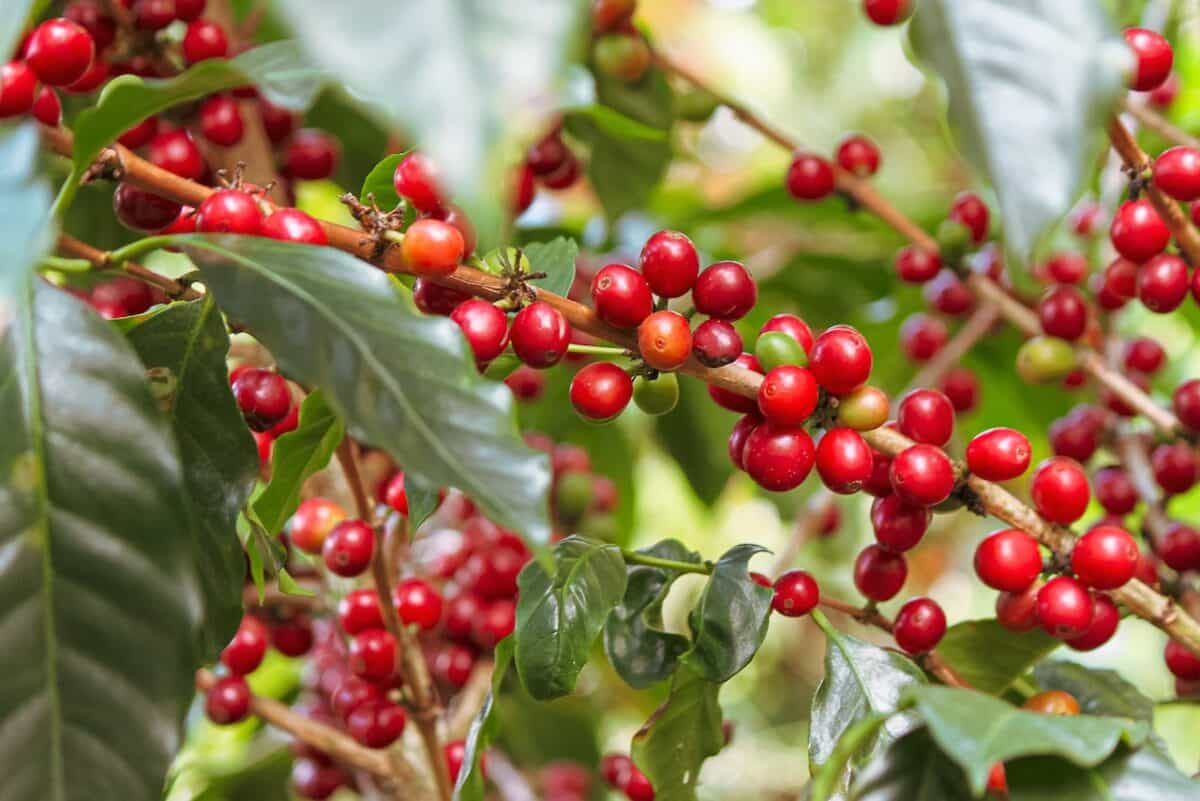
Panama as a coffee producing country is often associated with high-end coffees like Geisha. Top-flight coffees are grown at the hands of producers with cutting-edge technology and marketed as luxury brand items.
On the other hand, despite the favorable natural conditions for coffee production, not all producers are so successful. Some struggle to keep their farms afloat because of inadequate funds and facilities. Cuatro Caminos invests in such farms and rehabilitates them.
We decided to work with Cuatro Caminos because we aligned with the organization’s drive to directly enhance coffee’s sustainability. During our interview, Andrés Lopez and Daniele Levorato discussed how they and their organization arrived at where they are today, and a future they envision.
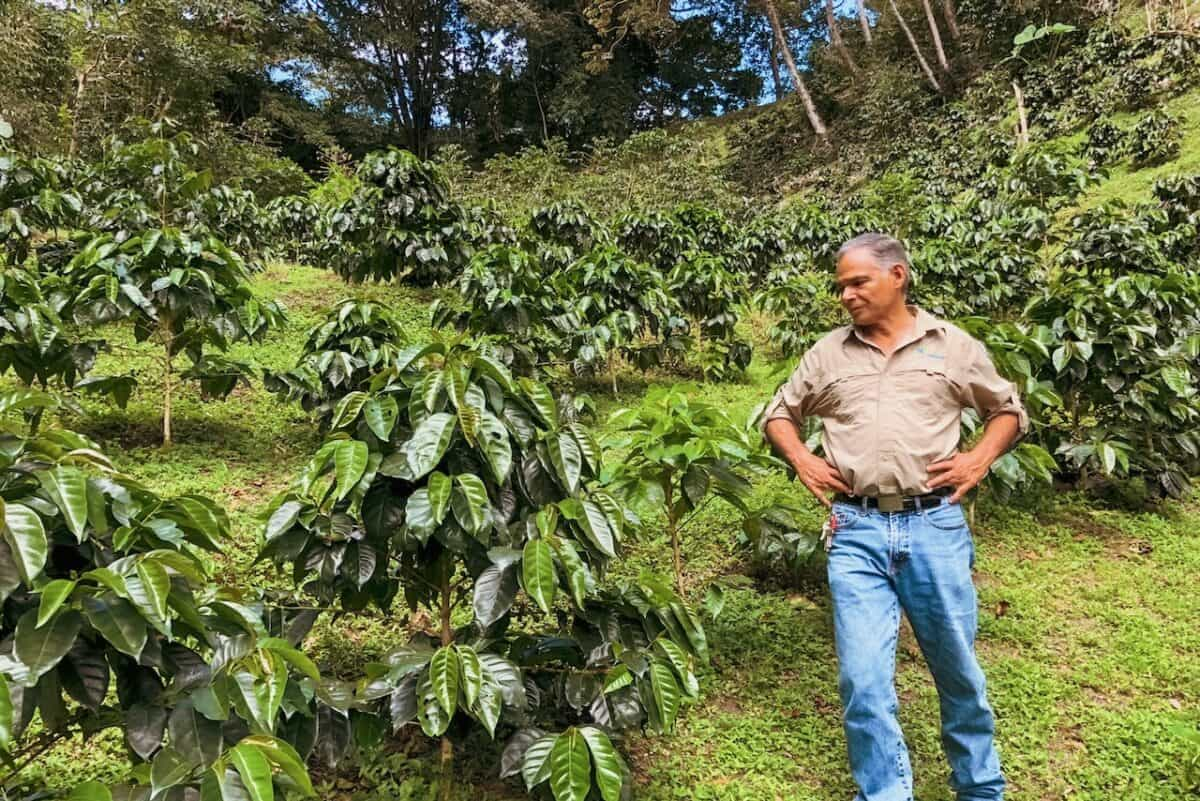
History of Cuatro Caminos
Cuatro Caminos, which was established in 2014 as the coffee division of AgroNosotros, employs 45 coffee farmers. Using a business model to generate micro funding from many investors, the Boquete-based organization runs its operations and develops farms from a long-term perspective. For instance, one of its initiatives includes redeveloping abandoned or under-performing farms – giving them a new lease on life as specialty coffee farms.
Andrés is in charge of all things agriculture at Cuatro Caminos. Known as a “walking coffee encyclopedia,” he is a 30-year veteran in the coffee industry, his diverse experiences ranging from developing farms from the nursery to the coffee bean, post harvest processing, green coffee exportation, roasting to quality control. Having been involved with the organization since its foundation, Andrés recounts its early days:
“I was really excited when I heard about this project, which combines investment and development with my expertise in coffee. One of the challenges facing the coffee industry is that everything is expensive, including machines and equipment for production and processing. I was convinced that with access to capital, we’d be able to lower the barrier and improve the quality of coffee.”
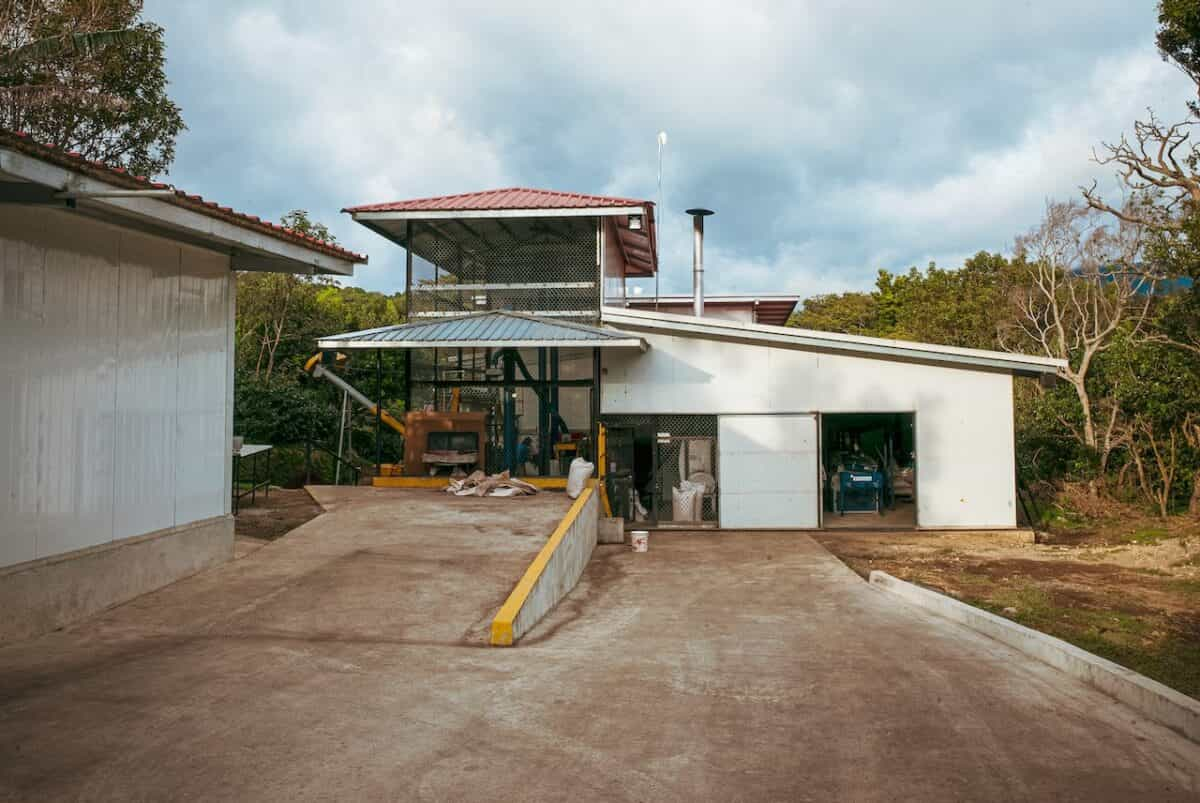
A mission for Cuatro Caminos is to make Boquete’s coffee industry sustainable. To that end, the organization not only keeps the business economically viable, but also takes its environmental and social responsibility seriously.
“For example, we assess the environmental impact from the stage of designing processing mills. That’s because we want to address coffee’s chronic issue, which is environmental pollution caused by post-harvest work. To do that, we use equipment and machines that minimize, if not eliminate, environmental contamination.”
Preserving up to 20% of net profits from farming operations, shared with the investors, is another example of Cuatro Caminos’ efforts toward fulfilling its social responsibility. The funds go toward developing basic infrastructure, such as electricity, running water, flushing toilets and gas stoves. These funds also improve working conditions in the farms by providing modern equipment, clothing and other items to improve the overall life of the coffee farmers.
Cuatro Caminos Coffee Estates also provides additional social benefits above and beyond the basic services provided by the government.
“It’s important for us to create high-quality products and sell them at a sustainable, fair and reasonable price for both the seller and buyer. That’s because we want to contribute to the development of the community as a whole, not just of each coffee farm.”

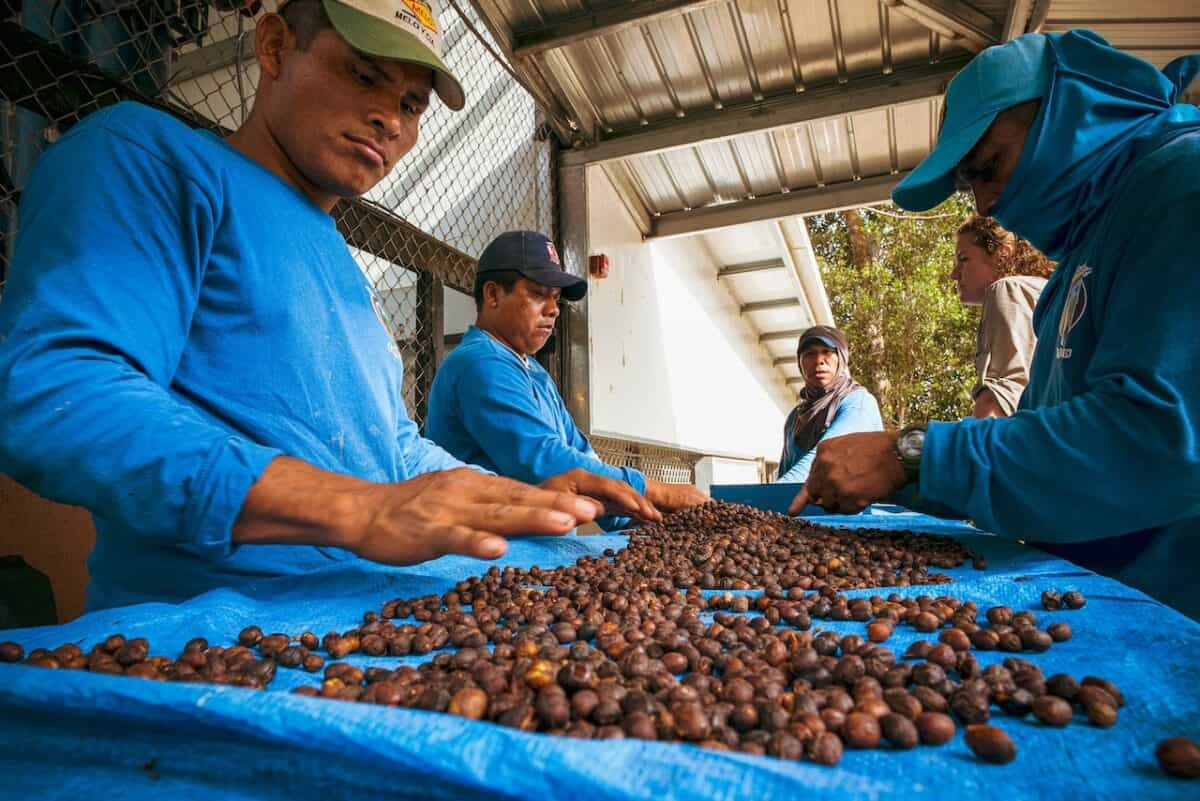
Panama as a coffee producing country
Today, Panama has become a coffee producing origin known worldwide for Geisha and other coffees with high added value. But things were completely different around the 1990’s. Coffee from Boquete used to be shipped off merely as a cash crop, all mixed, regardless of altitude or variety.
“Over time, we started to cup samples of different varieties separately at the processing phase, and we soon realized how special Geisha was. That prompted us to redirect our focus to quality and put in place a system to maintain the uniqueness and quality each coffee has. Thanks to this shift, we’ve been able to improve yields, processing and quality, becoming a new player in the world in the process.”
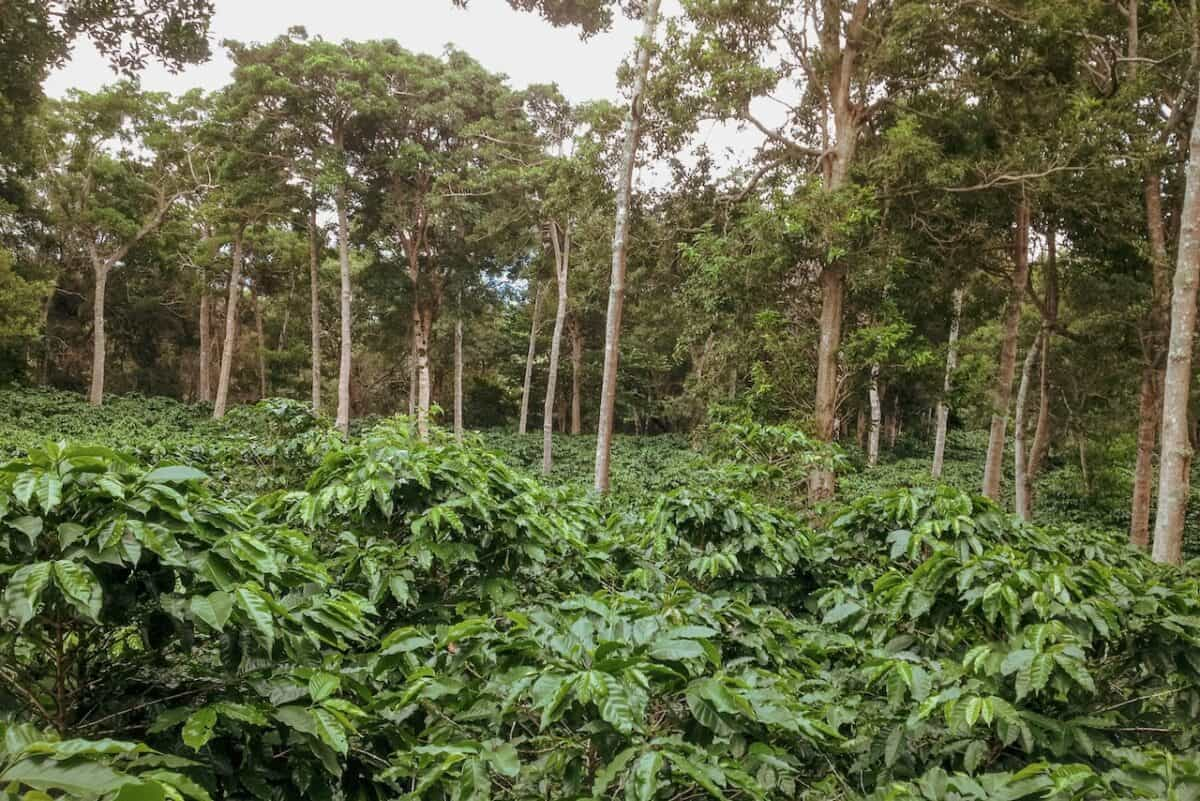
A small country of around 4 million people, Panama has far less land mass and limited farming land compared with other Latin American coffee origins such as Brazil and Colombia. That means Panama is not well-suited to produce huge quantities of coffees or run large-scale estates. But at the same time, those limitations are exactly what drove people like Andrés to take on challenges and come up with innovative ideas, he says.
“Since we had these handicaps, we’ve tried to think outside the box to keep on creating new things and delivering them across the world. In fact, thanks to a nutrition program and farm management methods that are based on agronomy, the quality and quantity of our coffees have been on the rise year after year.”
One of the missions for Cuatro Caminos is to find farms that may not be easily accessible but suitable for coffee production, and lead them to success. A few of the 11 coffee farms the organization owns and operates are indeed located far from the nearest processing mill. Among them is a farm that takes a 40-minute walk to get to and another 30 minutes to get around the entire farm. But the coffee it produces is worth all the time and effort.

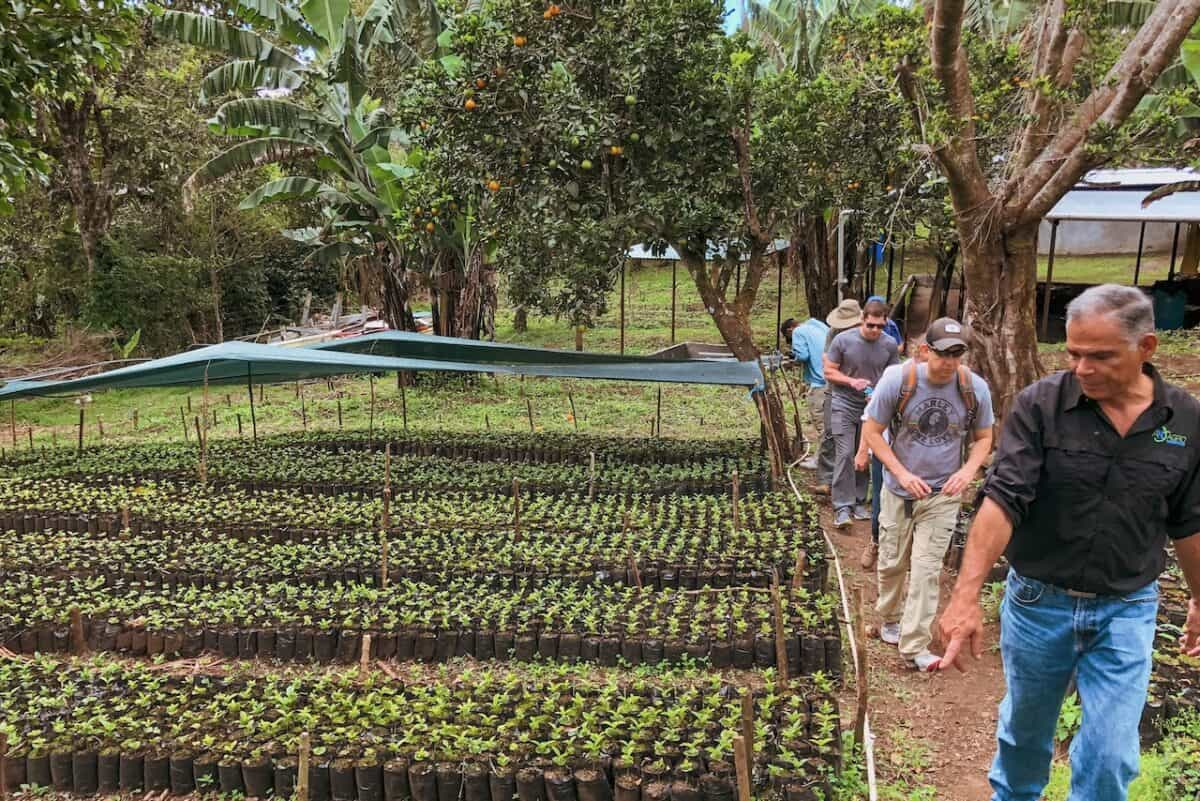
Intersection of different paths
Andrés, a “walking coffee encyclopedia,” wasn’t born into a coffee producing family. But for him, who grew up in a region where coffee farming was a thriving industry, coffee was always somewhere close by. His initial contact with coffee was at around 10 years old when he picked coffee cherries to make some money on days off from school.
Andrés later studied mechanical engineering at university in Panama. After graduation, as he designed and developed coffee processing mills, he was gradually drawn deeper into the world of coffee, so profoundly that he felt a lifetime wasn’t enough to enjoy it all. Driven by the passion, he worked processing and quality control jobs before taking a position as an investigator of agricultural problems. A few years later, he became involved in post-harvest processing and farm management, too, which culminated in Andrés joining Cuatro Caminos Coffee Estates at its inception in 2014.
“The coffee industry always throws us new challenges. We have to keep learning. There is a perpetual cycle of gaining new knowledge and putting it into practice. For the past 30 years, it’s been my routine to go to bed every night and feel that I know a little more today than I did yesterday.”
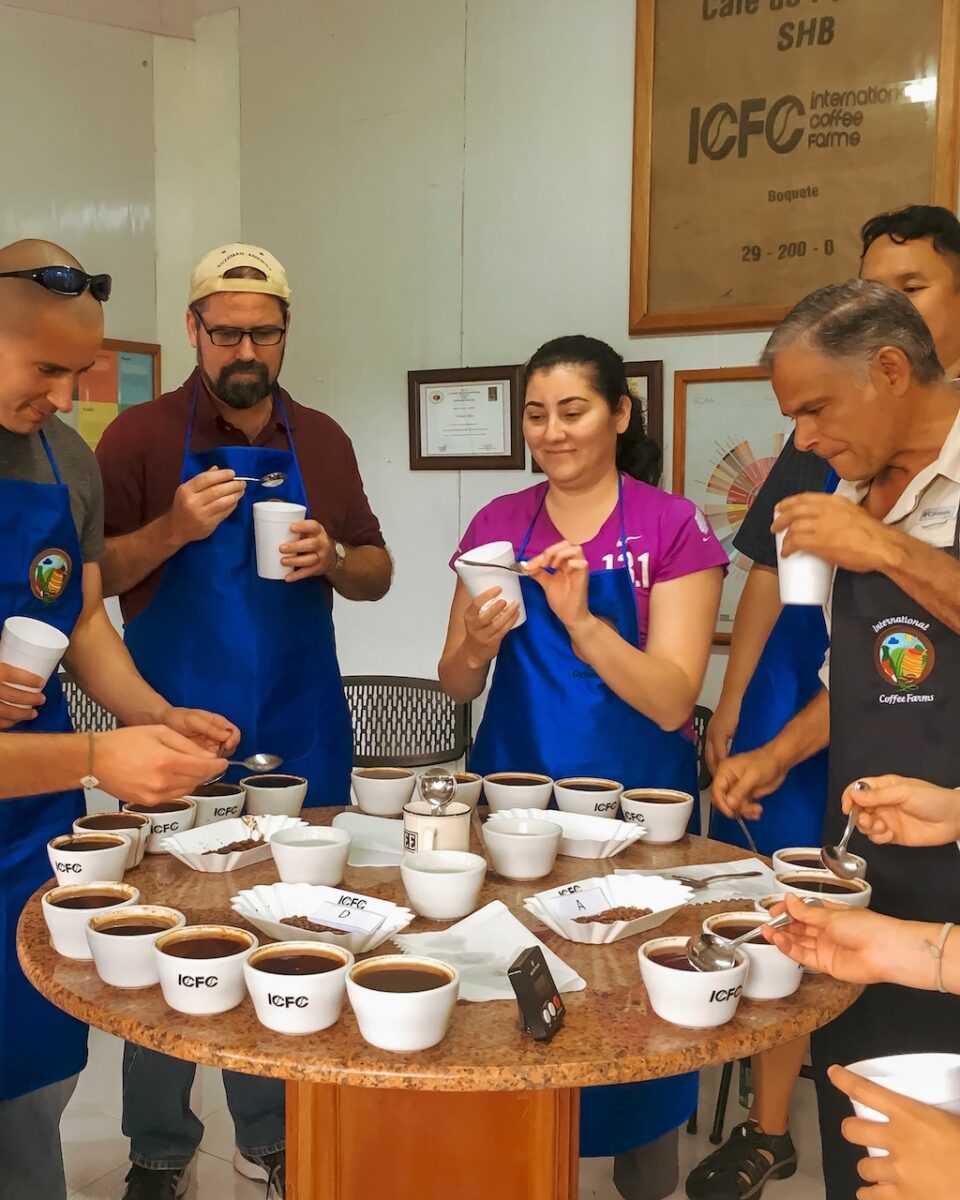
Having diverse experiences is something Daniele Levorato also has in common. A native of Italy, Daniele joined the group in 2020 as Chief Operating Officer.
“As a kid, I grew up watching my grandfather, who ran a business manufacturing wine-making machines. While I studied agriculture in my high school, I developed a strong interest in social studies and political science, too. After leaving Italy, I worked in the NGO sector and at a large telecommunication firm in the UK, Spain and Belgium. But I realized that I wasn’t happy living in big cities. So I took a year off and went to Colombia, where I met my future wife. And she and I happened to visit Panama, and we fell in love with the country. Later on, we decided to move to Boquete and opened a restaurant there.”
Among the coffee-industry people Daniele met while running the restaurant was CEO of Cuatro Caminos David Sewell. Initially, their relationship was limited to collaboration for social events. But as the Covid-19 pandemic took a toll on the restaurant, Daniele decided to close it and join the corporate team at Cuatro Caminos Coffee Estates.
“The company name Cuatro Caminos means an intersection of different paths. Many operations are happening here, with diverse coffees coming to be processed and cupped. I think our name’s a good analogy to show that many paths finally intersect thanks to coffee.”
The life paths of Andrés and Daniele also crossed at the intersection called Cuatro Caminos. Coffee always weaves new relationships and new stories.
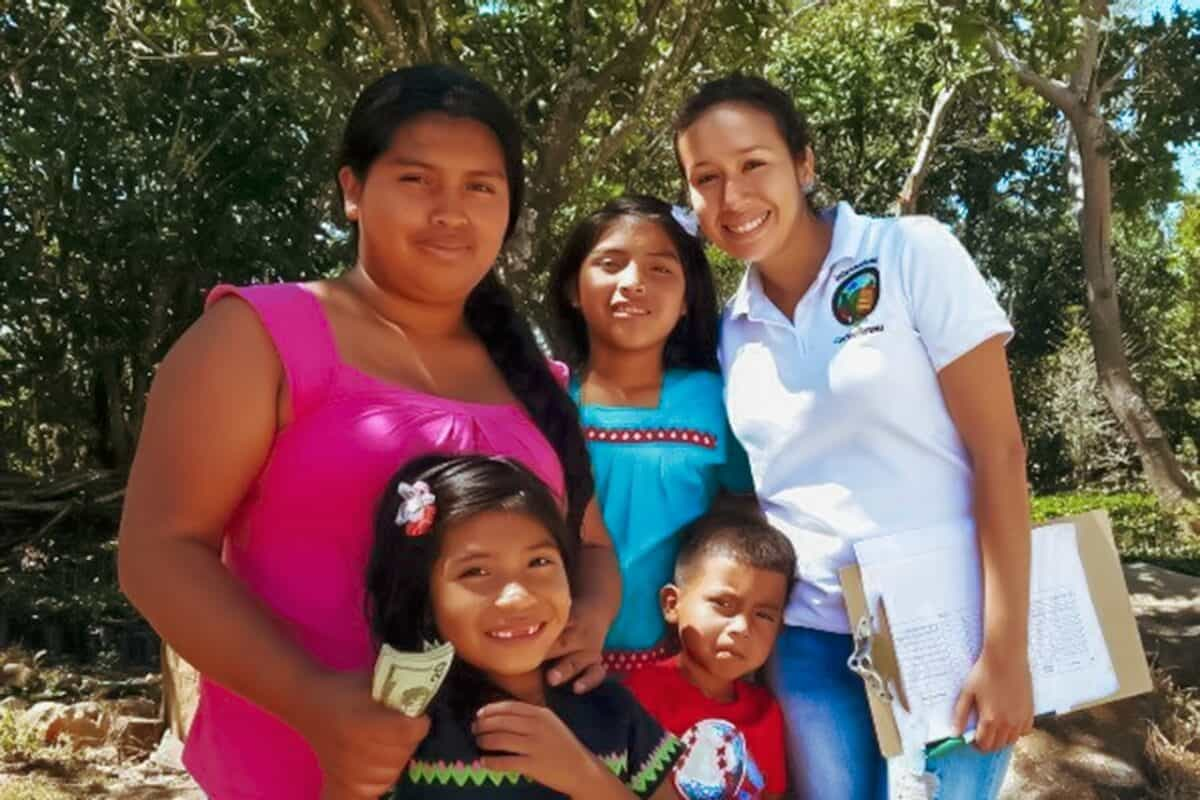
Investing in the future of our people
In 2016, Cuatro Caminos launched a scholar program to support the education of its farmers’ children. Households enrolled in this program are eligible to receive 100% support by the company for school uniforms, books and backpacks. Currently, this program benefits 83 kids.
What’s more, Cuatro Caminos’ support for education extends beyond children. The corporate group’s employees, including the farmers and their families, have a chance to go back to school if they wish so.
“Education changes people’s attitude toward work,” Andrés says. ”If they understand why they need to remove weeds, for example, they will start to do it more efficiently. That in turn improves the quality of their work. Once they know that doing things correctly will show in the result of their work, they will start to do things correctly. And their farms will be in better conditions. All this means that education can impact not only the quality and quantity of coffees they produce, but our community and activities, too. Education has the power to change people’s perspective on life.”
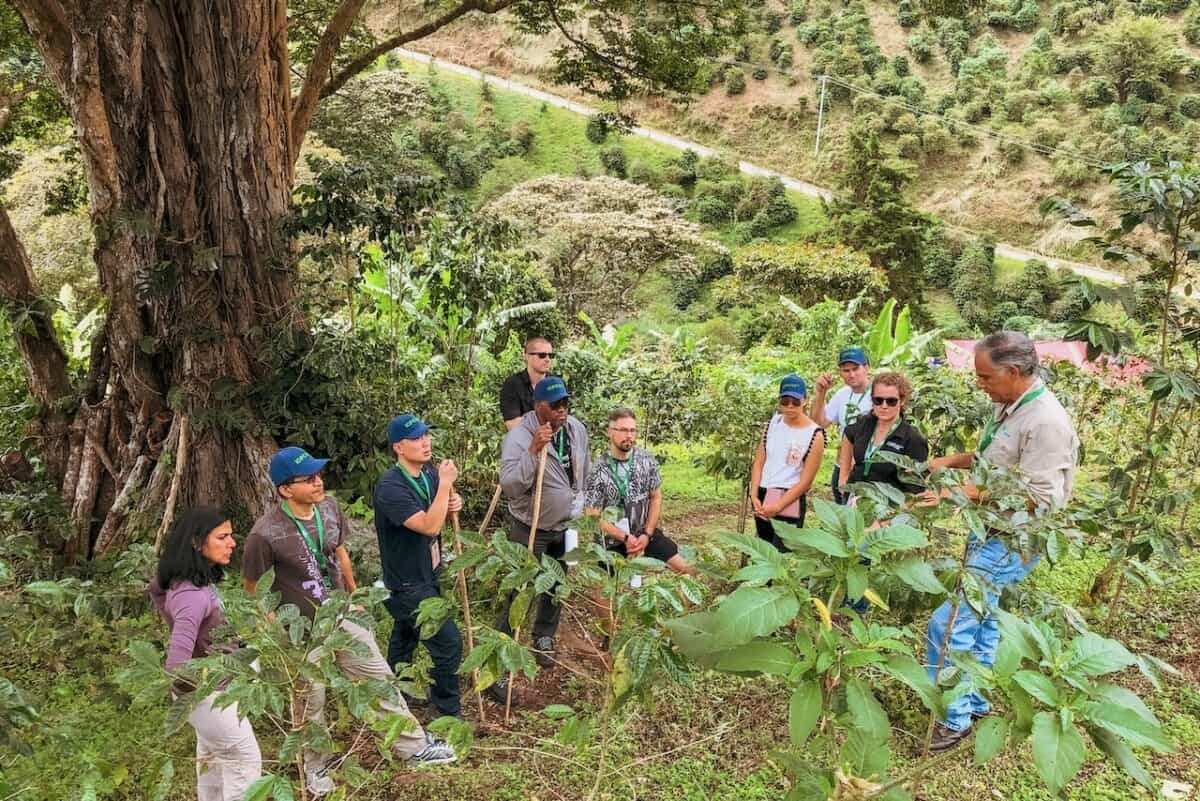
To improve the quality of life, Cuatro Caminos also runs an English Training program for part of its workforce.
“One of our values is ‘everybody wins.’ The corporate group has 80 employees. If we include their families, we positively impact the lives of about 400 people in the Boquete community. There will be no growth unless everyone involved wins. This idea is driving the company forward.”
For Cuatro Caminos, capital investment isn’t the only form of investment. Above all else, the organization values education, or in other words, the most crucial investment in the future.
Cuatro Caminos is a culmination of skills, capital, human resources and wisdom. The organization spares no effort to enhance the quality of the final product. And this commitment is part of what catapulted this small nation to the forefront of global coffee production.








